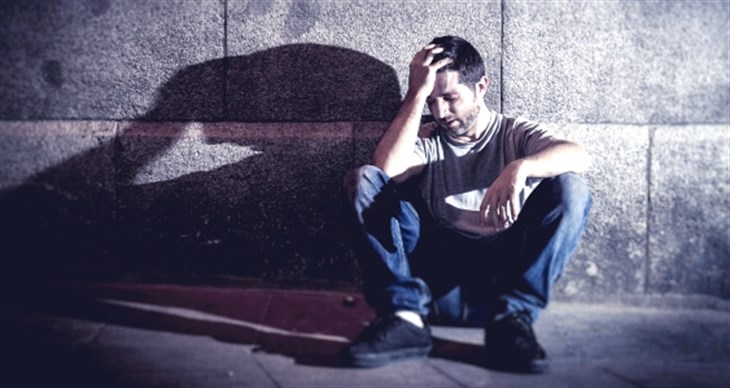Recovering from depression - experiencing a close family member struggle with depression

Things have changed a lot in the world of mental health over the last 40 years.
I know we still have a long way to go, waiting times and responsiveness of service are not always as they should be, but understanding about what works and the choice of treatment for depression has improved and there are more options open to people than ever before.
Over 40 years ago my mother suffered from a serious episode of reactive depression following the breakdown of her marriage which lasted a number of years. She struggled to sleep, struggled to get up and suffered from chronic headaches which only seemed to be relieved by lying down in a darkened room. I am sure as young children that my sister and I were more than a little worried about our mum.
This being the 70’s, as was customary, especially for women, she was prescribed valium and sleeping tablets. I’m pretty sure she wasn’t offered any form of talking treatment and was pretty much left to get on with things. It took about 3 years for her to recover and most of the support she received was from close family members and friends. After 3 years on valium mum decided to go “cold turkey” and came off her medication overnight – this approach is not recommended!
So now it’s 2016 what is available to combat depression?
There are a number of “treatment” options available to support those with clinical depression and a number of more natural options including yoga, mindfulness (my choice), St Johns Wort, exercise and healthy eating; not forgetting IAPT (improving access to psychological therapies) which Community Links provides in Leeds as part of the IAPT Leeds consortia. I understand that a combination of talking therapy and medication may well be the most effective combination.
So if you do feel that you need help, have a look at what is available to you; speak to someone you trust, ask for help or take steps to help yourself (see above), but do it early. The longer you leave something the worse it may get. There is a small chance mild depression will go away of its own accord and you’ll start to feel better but more often than not it won’t. Don’t be ashamed, don’t feel bad, ask for help. You are unlikely to regret it and if you don’t get the response you hoped for move on, find another service, ask another practitioner, you will find someone you can relate to even if it isn’t the first person you speak to.
Recovery is possible though the journey may be long but there are many reasons to feel hopeful and early intervention makes that journey significantly easier.


